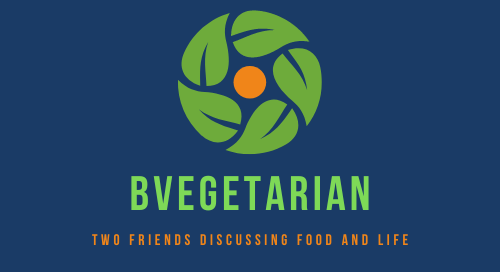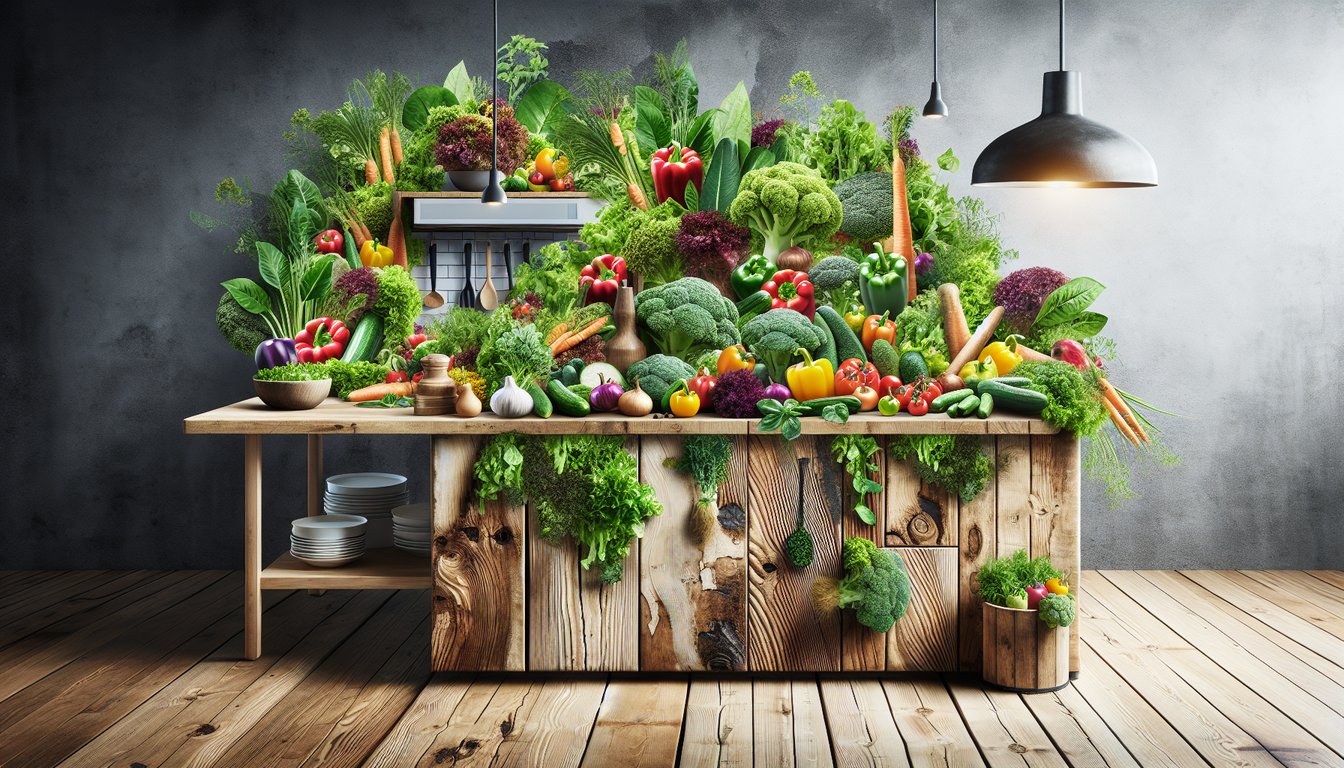Welcome to a greener future, where every bite counts toward a healthier planet! As vegetarians, our dietary choices already reflect our commitment to environmental sustainability. But why stop there? Integrating eco-friendly kitchen practices can further reduce our carbon footprint, conserve resources, and minimize waste. In this comprehensive guide, we’ll explore ten transformative habits that can make your vegetarian kitchen a beacon of sustainability.
- Mindful Meal Planning
Planning is key to avoiding food waste and making the most of your groceries. By mapping out your meals, you ensure that every vegetable and grain is destined for your plate rather than the landfill. Here are some tips:
- Inventory your pantry and refrigerator before shopping to prevent buying duplicates.
- Create a meal plan that incorporates overlapping ingredients to maximize their use.
- Buy only what you need, and remember to check out local farmers’ markets for fresh, seasonal produce.
- Embrace Bulk Buying
Buying in bulk can decrease the amount of packaging waste and often saves you money in the long run. Reusable containers and cloth bags are your allies here, allowing you to purchase exactly the amount you need and keep your pantry organized.
- Composting Kitchen Scraps
Composting transforms your organic waste into nutrient-rich soil that can benefit your garden or community green spaces. It’s a simple yet effective way to give back to the earth and reduce methane emissions from landfills. Begin with composting fruit and vegetable scraps, coffee grounds, and eggshells.
- Water Conservation Techniques
Water is precious, and conserving it should be a top priority. Installing aerators on your faucets, fixing leaks promptly, and using a bowl of water to rinse fruits and vegetables instead of running the tap, are all great strategies to reduce water usage.
- Efficient Cooking Methods
Opt for cooking methods that require less energy. Slow cookers, pressure cookers, and microwaves are more energy-efficient than ovens. Also, consider batch cooking or cooking multiple items together to save energy.
- Use of Sustainable Cookware
Invest in cookware that’s built to last. Cast iron, stainless steel, and glass are sustainable choices that can withstand the test of time, minimizing the need for frequent replacements.
- DIY Cleaning Products
Reduce your chemical footprint by making your own cleaning products. Simple ingredients like vinegar, baking soda, and lemon can tackle most kitchen messes and are biodegradable.
- Smart Storage Solutions
Foods can be stored in various locations in your home and purposes, shelf lives are different. Some fresh fruits and vegetables can be stored in a cool, dry place and some need a place in your refrigerator. Large plastic bins can be handy to store dry foods like beans, pasta and flour. Get a few oven proof glass containers to keep your foods safe in refrigerator. These kind of containers can be used over and over again.
- Go Vegetarian
Needless to say, vegetarian foods which are in season and locally sourced have much smaller carbon footprint than meats. This is not only good for the planet but also for your health and your wallet!
- Pantry Solutions: Focus on dry foods.
If you have enough beans, lentils, canned tomatoes, fresh onions and garlic, you can whip up tasty and nutritious meals with just a little planning. They do not occupy much space and after overnight soak, beans are ready to be cooked.



